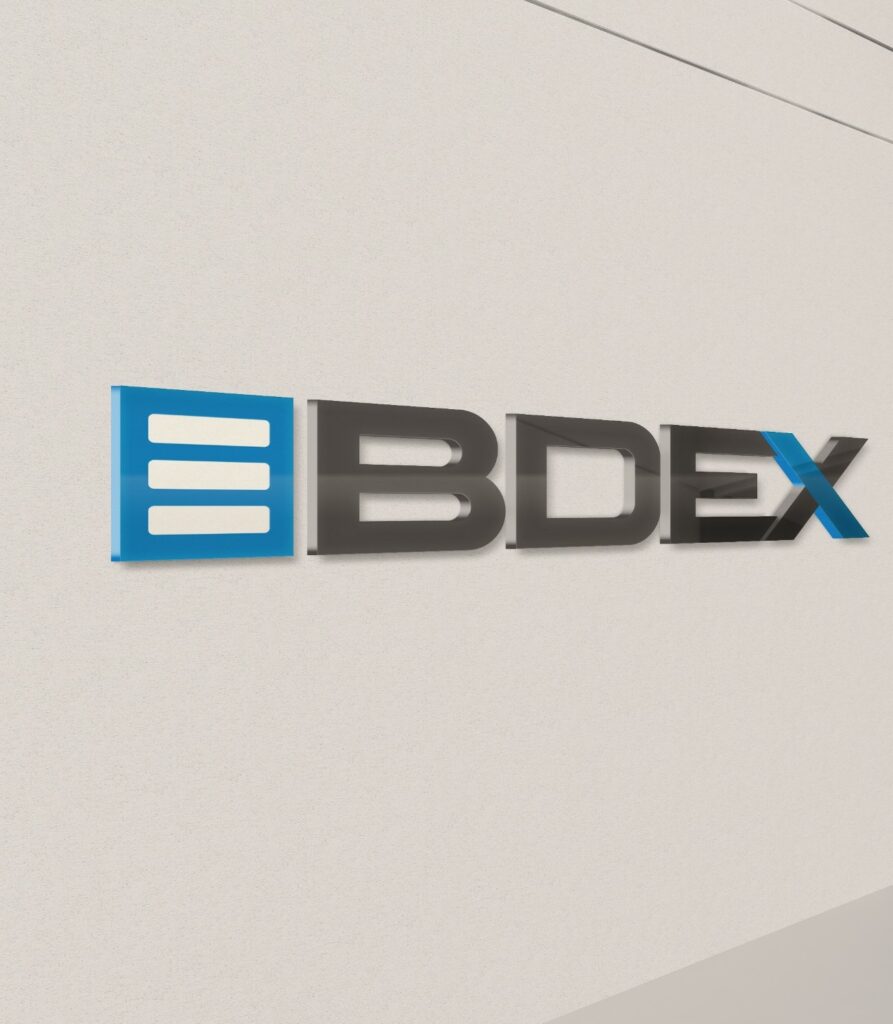6 ways artificial intelligence could impact target marketing
Artificial intelligence (AI) is one of the most talked about and promising technologies today. While many individuals think it still exists mainly in the realm of science fiction, AI is actually very much part of the real world now. It’s becoming increasingly more sophisticated and the number of industries using the technology is growing, including professionals in marketing and advertising.
First, what is artificial intelligence exactly?
Artificial intelligence is widely misunderstood, mainly due to Hollywood movies featuring robots that try to take over the world. Think The Terminator or HAL from 2001: A Space Odyssey. In today’s actual, practical applications, AI technology makes it possible for machines to learn discrete tasks much as humans do. Think with Google describes it this way: Artificial intelligence is the study of how to make machines intelligent or capable of solving problems as well as people with machine learning, we teach computers to learn without having to program them with a rigid set of rules.
Here are 6 promising ways AI is (or will be) used in marketing and advertising:
1. AI can be used to create customizable ad campaigns
AI is a tool that will allow marketers to tailor ad campaigns based on consumer intent at the moment. “We’re getting closer to the point where campaigns and customer interactions can be made more relevant end-to-end from planning to creative messaging to media targeting to the retail experience,” according to Think with Google.
BDEX already has the technology to target customer behavior based on real-time data such as online searches, geofencing, and in-store POS purchases. When this data interface with full-developed AI, what you do with it will become automatic.
2. AI can allow you to set up custom ad impressions
AI is already present in marketing tools that use custom algorithms to increase the number and relevancy of impressions that are served to potential consumers online. By using historical data and online search data, programs learn to predict consumer behavior and then automatically show ads that are most relevant to prospects at that time.
3. AI can help you create programmatic advertising
Programmatic advertising is a promising new technology that has a lot of marketers excited. This tool allows you to buy digital advertising space automatically after AI analyzes data to determine which ads to buy. Demand-side platform (DSP) and supply-side platform (SSP) work together to match the right ad to the right audience. AI can analyze online behavior to create an instantaneous campaign that is optimized to a specific user.
4. AI can create responsive search ads
Along with customizable and programmed ads, AI can also be used to create something called responsive search ads. It’s a technology being employed by the Google Marketing Platform. You submit 3-15 different ad layouts, along with meta-descriptions for each ad. Google will combine their data with your ad parameters and use it to determine which ad should be displayed for a particular user. The ad that’s displayed is different for everyone, as it’s based on his or her search history, habits, and preferences.
5. AI can help create and curate ad campaign content
Although it’s hard to imagine a computer coming up with creative ideas, it has been done successfully, “Toyota recently started to create AI-generated ads. They were able to generate a system that created realistic-sounding lines that they were able to implement in their marketing,” reports Target Marketing Magazine.
AI can also be used to create visual content, such as videos, commercials, and in-store promotions displayed on digital screens.
6. AI can help you test different ad campaigns
AI is capable of automating complex tasks like A/B testing to gauge the effectiveness of various marketing campaigns. It can get feedback in many different ways and formats and then determine the success or failure of a specific campaign based on a vast array of metrics. This same concept can also be applied to data that is supplied by BDEX. Our customers often want to be able to adjust their marketing campaigns based on different data signals; let’s say you choose four different data signals and run unique campaigns based on each segment. You can monitor the performance of each campaign and then use algorithms to decide which one is working the best for each data source. The essential promise of AI is that it can iteratively learn which data signals are the best predictors of behavior and the success of a campaign at a much higher volume and a much faster pace, automatically.
Artificial intelligence is technology that is changing the way marketers and advertisers interact with and reach potential consumers. Some of it is future tech, while much of it is being used now.
BDEX also offers new and innovative ways to reach your target audience through the use of comprehensive, real-time data. Contact us to today to learn more.



